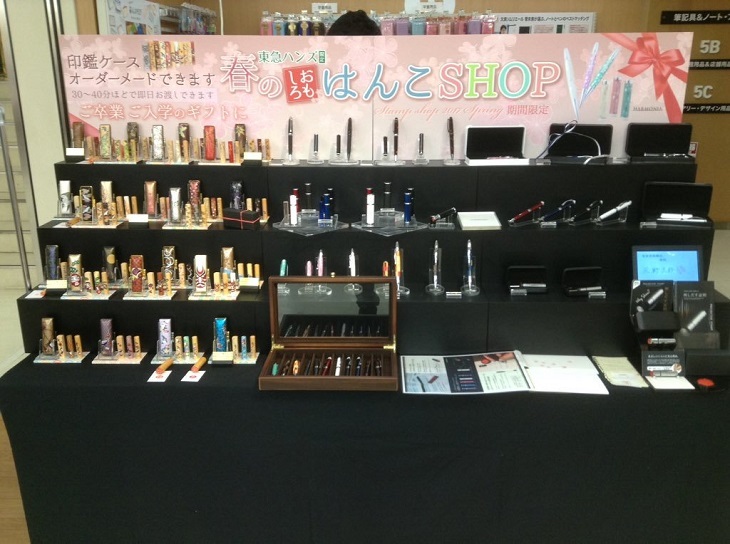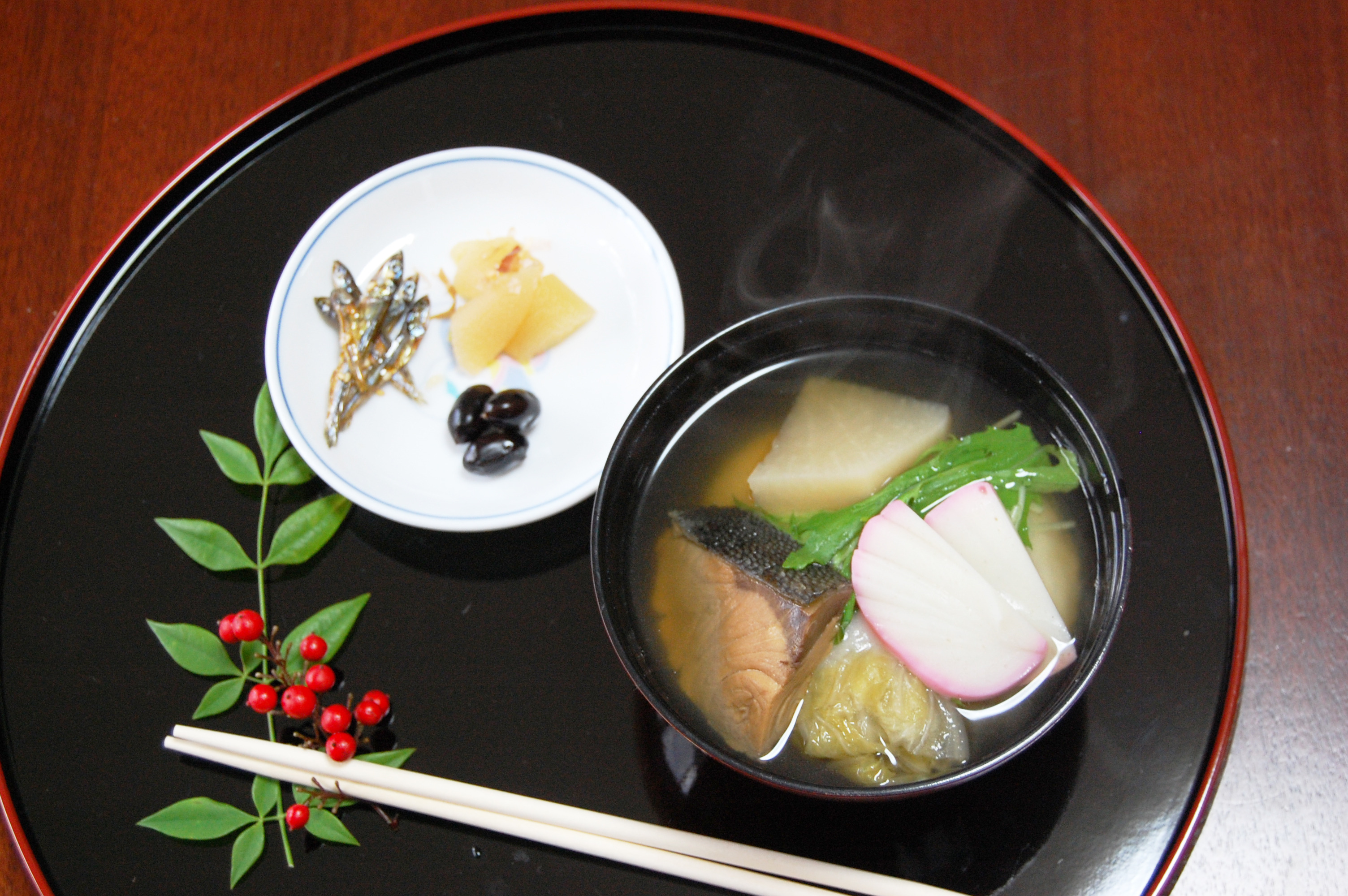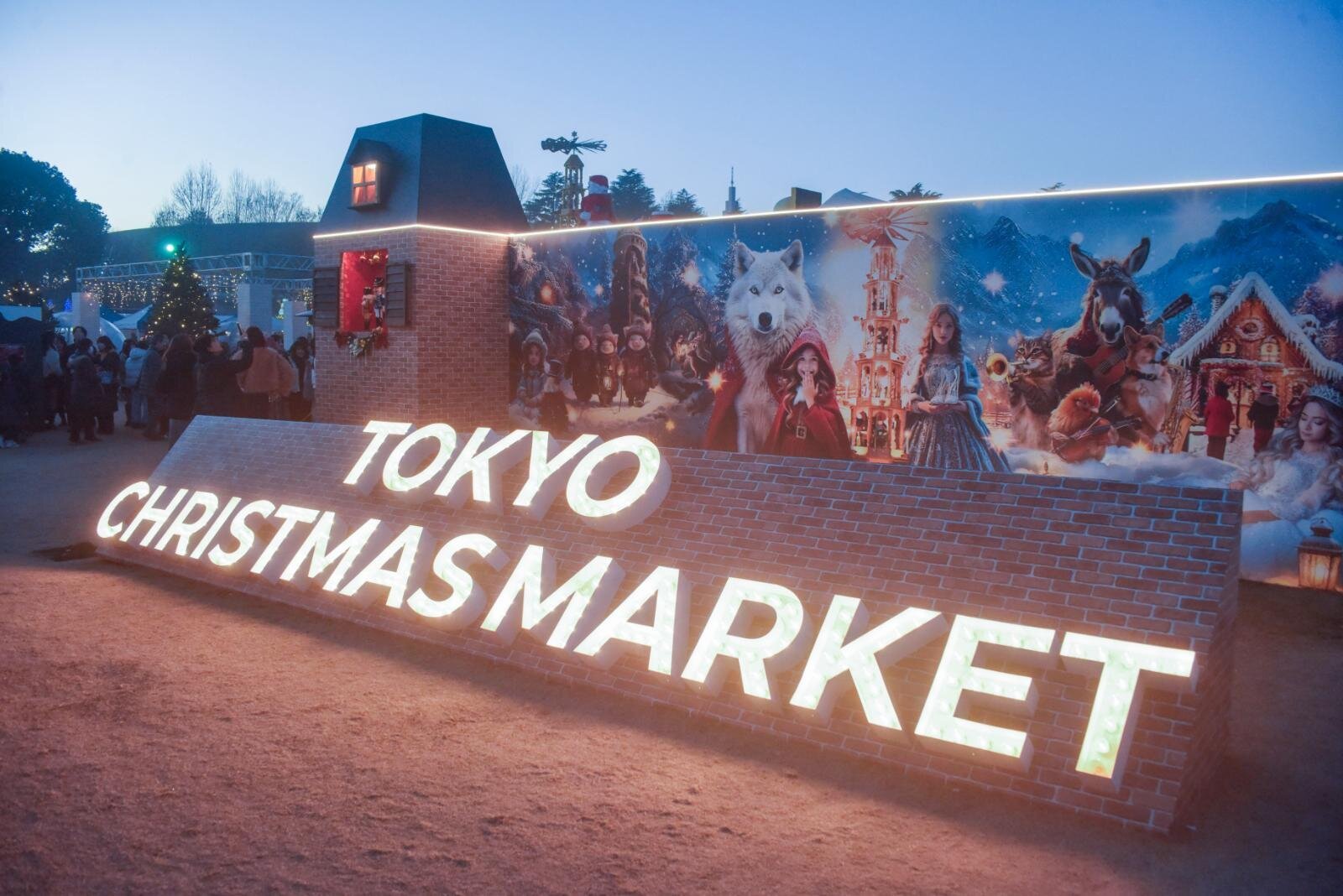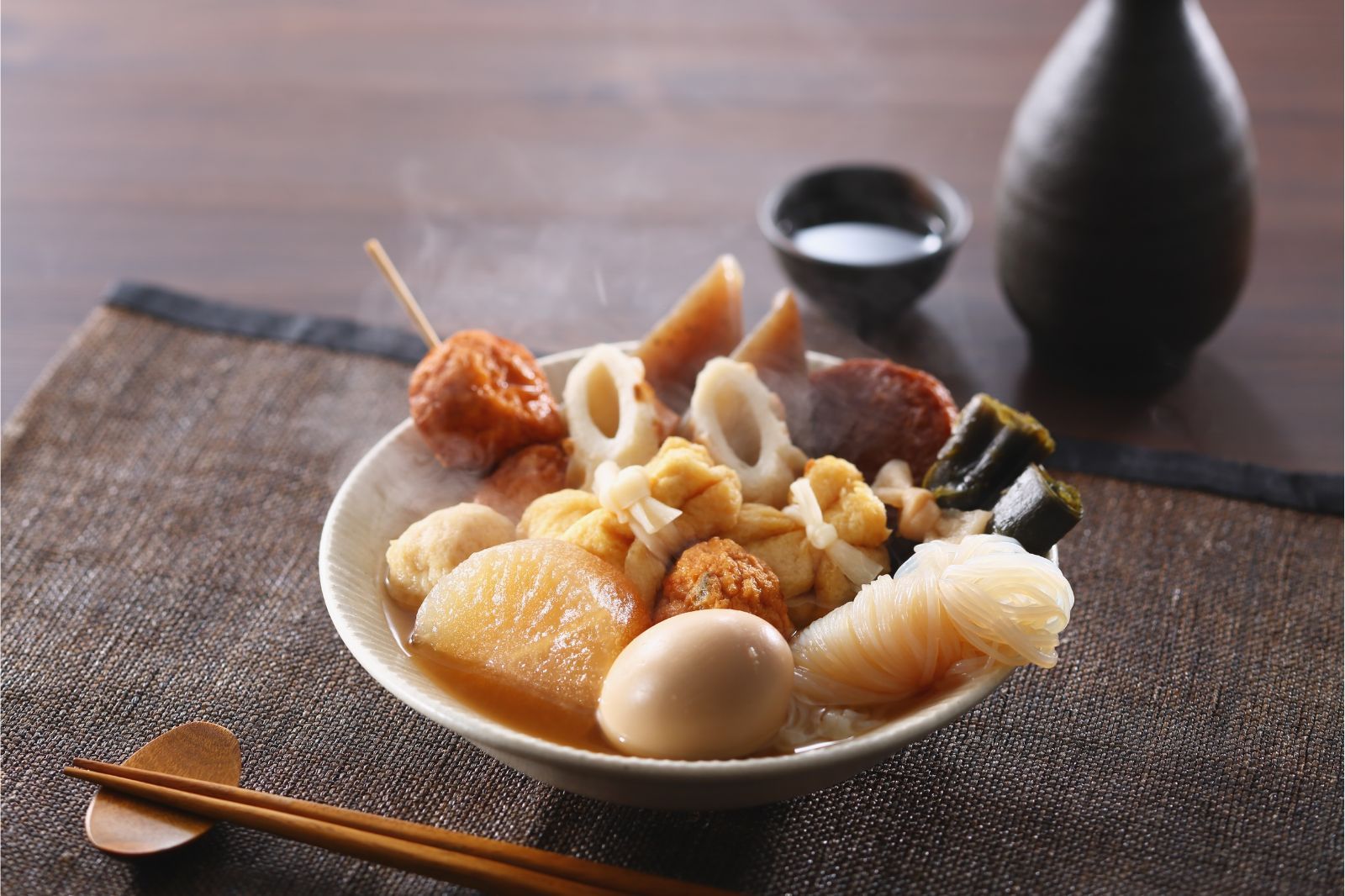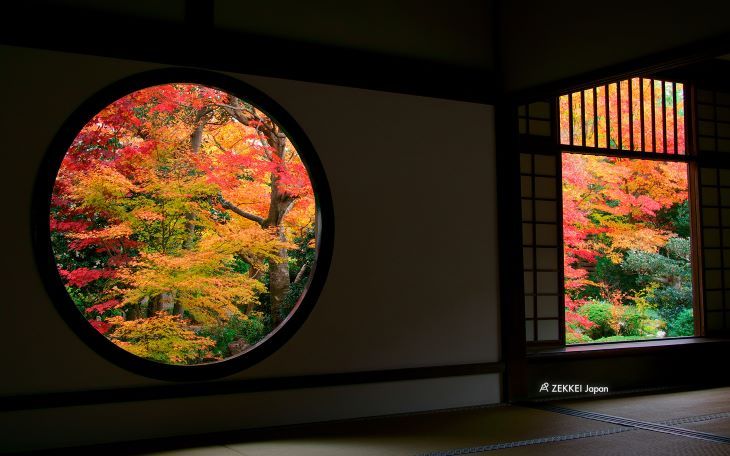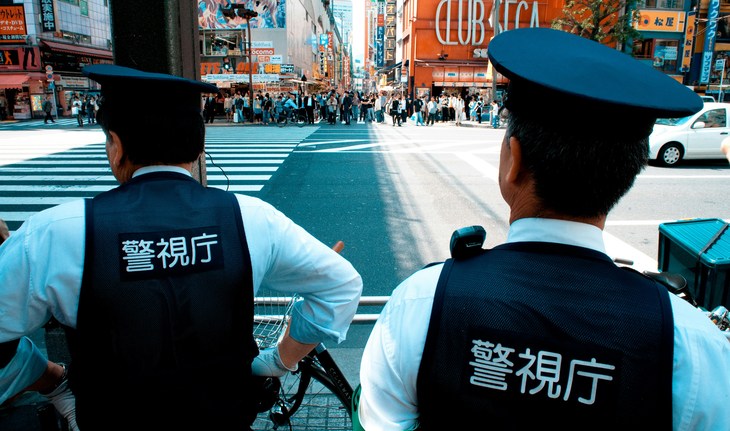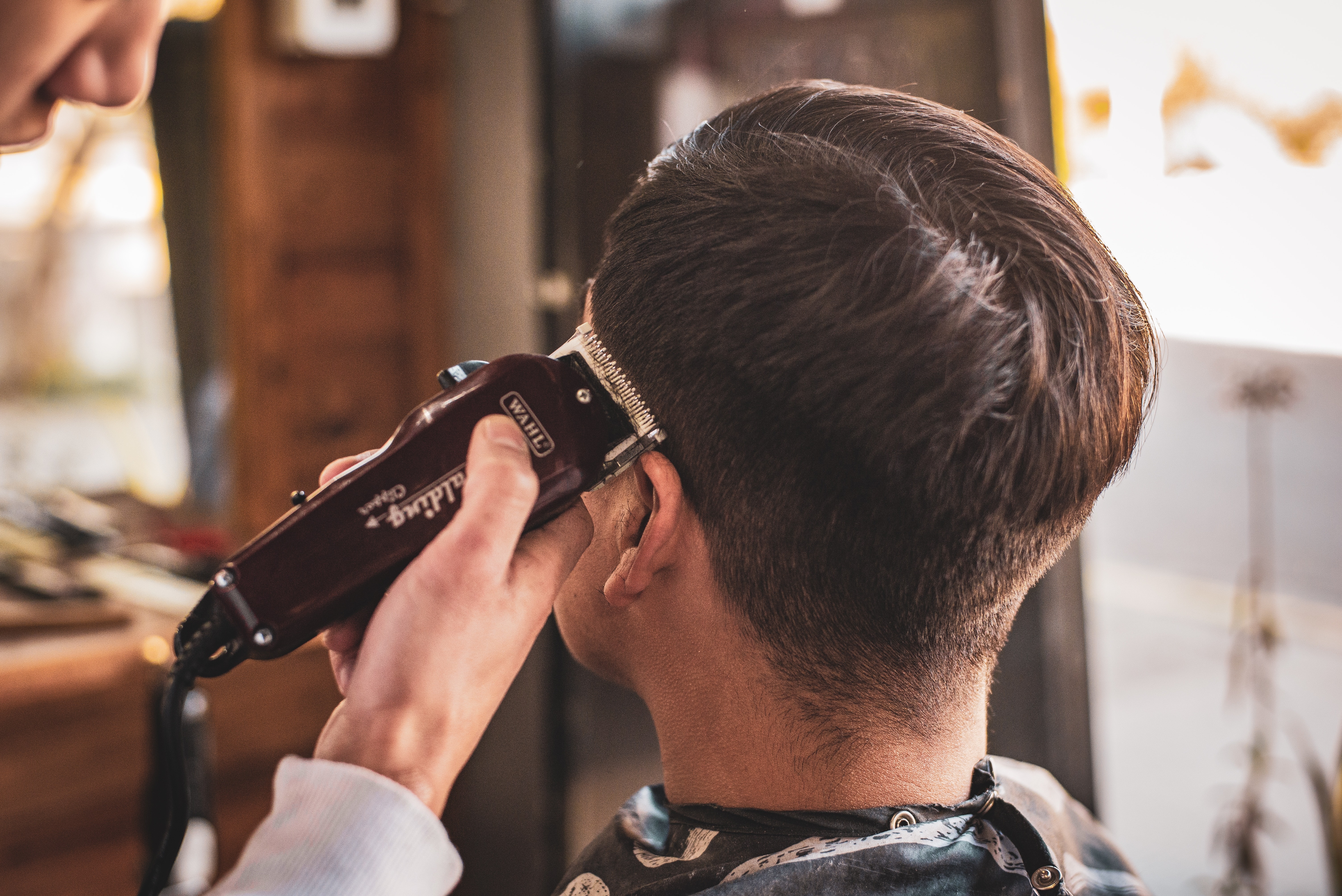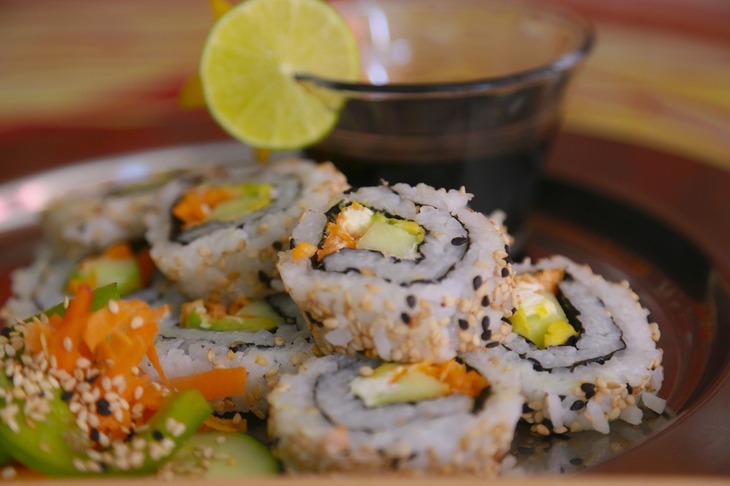When the stamp is mightier than the pen!
You may know of the proverb 'The pen is mightier than the sword' but in
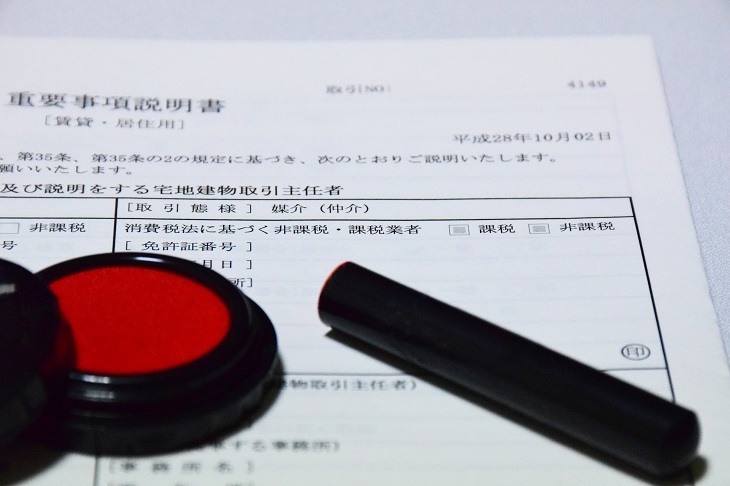
An 'inkan' or 'hanko' are small, long cylinder tools with an engraved name of the owner in Chinese characters called 'kanji'. Traditionally, one would engrave their surname, but recently, hanko has evolved from plain wood to various materials of multi-coloured designs and shapes, that it's now popular to buy as a gift or souvenir.
A 'hanko' is the tool you hold which you press into red ink pad called 'shuniku'.
The seal or stamp it creates on paper is called the 'inkan', but both these words are currently used interchangeably in
The three types that you need to know are:
Mitomein (for use in your daily life)
Ginkōin (Specifically for transactions at the bank)
Jitsuin (Officially registered for legal purposes)
Many residents in Japan, tend to register their mitomein hanko at their bank as well as use them for day to day tasks like signing for delivered packages at one's home.
A jitsuin however, is vastly different and absolutely necessary when signing the contract to lease an apartment or purchase property in
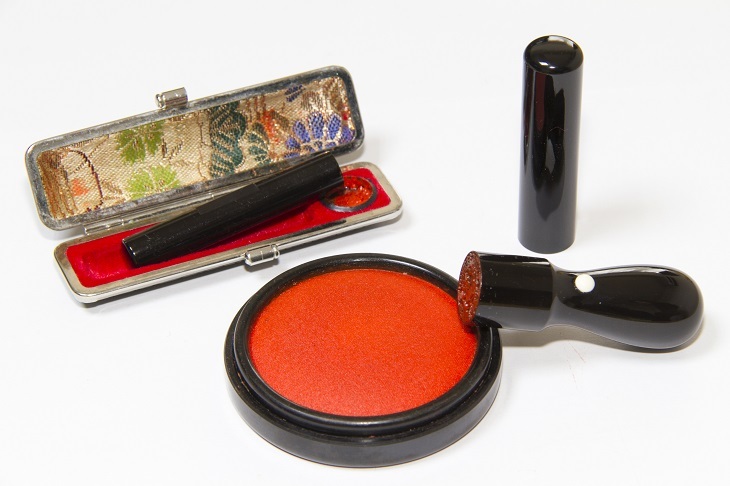
A national or foreign resident of
For foreign residents the steps are as follows:
1: Visit your local ward office or city hall to get the specifications needed to create your jitsuin. (size, style, etc) They should be able to provide a sheet of paper with the information.
2: Take the paper to any local hanko shop in your area. Generally, the rules are that foreign nationals can only use the katakana writing script to create a jitsuin.
3: Once you have purchased your jitsuin, then go back to your local ward office or city hall to officially register it. You'll be issued a card that allows you to print a certificate that proves you as the registered owner.
4: Guard this stamp with your life!
It has been said that any legal or financial document that is signed with a jitsuin truly binds the owner to the terms, including bank/mortgage loans or lease contracts. It's not a stamp to be used frivolously and should be kept in a safe place as you would your passport.
If you'd like to collect hankos for fun or create some as souvenirs, then I'd recommend Tokyu Hands Department Store, otherwise any local shop will be able to create one for you, which you'd need to legally or financially sign for most things in Japan.
